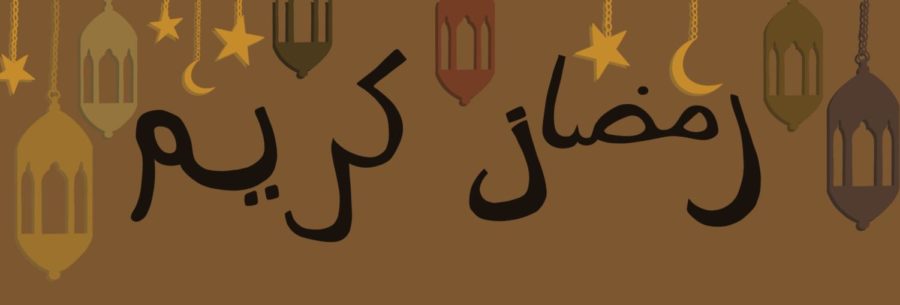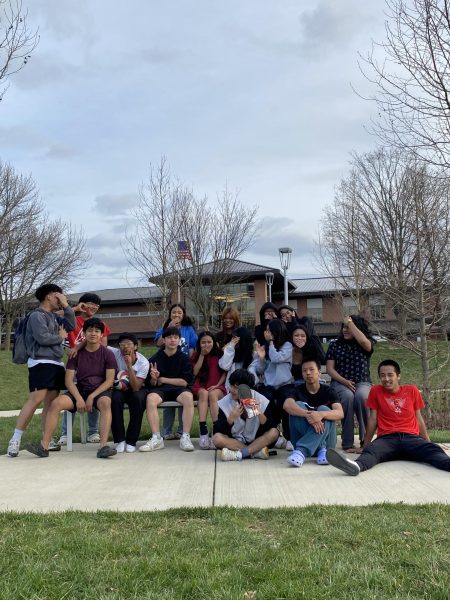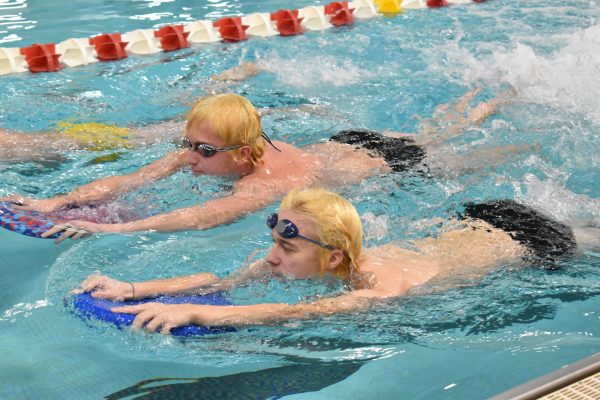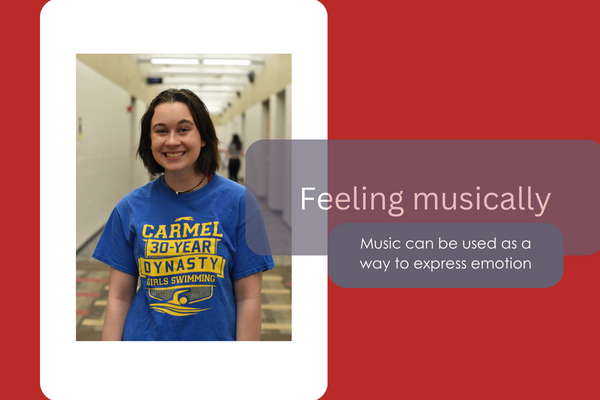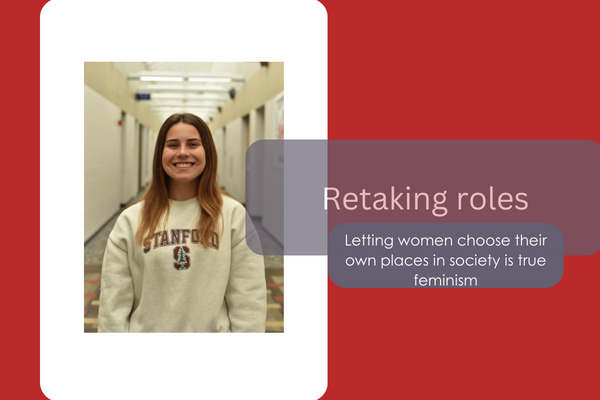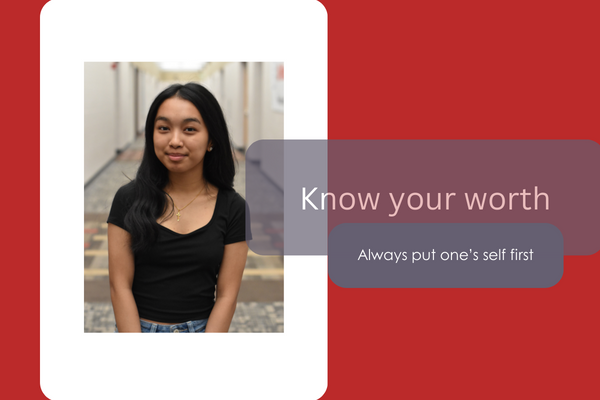Happy Ramadan
Muslims at SHS commemorate Ramadan
Arabic translation of ‘Happy Ramadan’
In the month of Ramadan, before the sun has risen, sophomore Aleena Mehdi breaks her nightly fast with either a glass of water, or a date. She says her morning prayer, and once the sun is up, her daily fast begins. She cannot consume food or water until the sun has set that evening.
For the Muslim community at SHS, the period of Ramadan is a sacred time to become closer to Allah, also known as “God” in English.
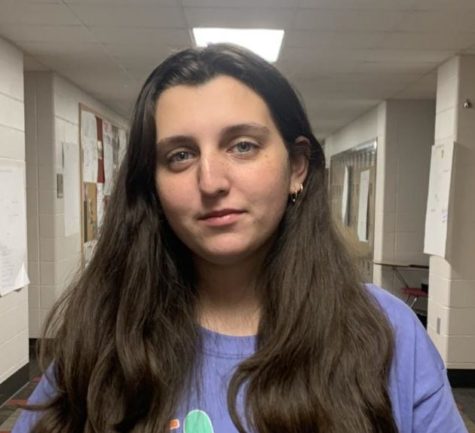
They also often remove other distractions from their lives like social media or music. They try to read the Quran, the holy text of Islam, more consistently, and they often finish a full read-through during the time period of Ramadan.
This year, Ramadan is being celebrated from April 2 to May 1. The holiday falls at a different time every year due to the time being determined by the position of the moon over Mecca, the holiest site in the Muslim faith.
“I feel like Ramadan has made me closer to Allah than before,” Mehdi said.
Mehdi has been participating in Ramadan since she was about nine. She would alternate the days she fasted until she turned 15 years old and then started to fast everyday. When one hits puberty, fasting becomes a must. Some exceptions are when someone is in poor health or while one is menstruating. They may pause their fast and their prayers until one is fit to resume. When days are missed, one will make up for lost time.
The goal of Ramadan is to become closer to Allah, and for Mehdi, these practices have been doing just that.
“I feel like Ramadan has really locked down all the social media stuff and made me more focused on the holy stuff,” Mehdi said.
Sophomore Ali Khames has also been participating in Ramadan from a young age, since he was 6 years old. When he was younger, he would only fast for about half the day, which is what most younger children do. By 9 years old, he would complete full days.
“It was tiring at the beginning,” Khames said. “But you get used to it.”
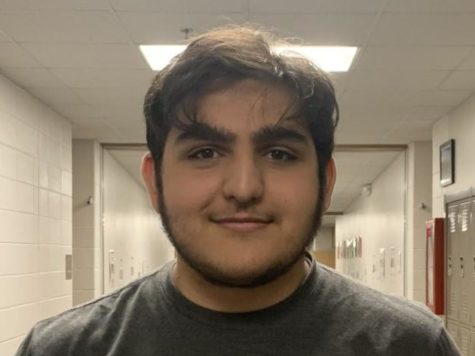
For Khames, a typical day of Ramadan is started with breaking his fast just as it is for most Muslim people. Before the sun has risen, he eats soup and rice, prays and then heads to school. During his lunch period, he heads to the IMC. When he gets home, he will often pray or take a nap before dinner.
Once the sun has set, Khames will break his fast again and if his family is eating together during the evening, it is called “Iftar.”
“It’s the most holy month of the year for the people of Islam,” Khames said.
Another SHS student participating in Ramadan is unique in her family.
Junior Ma Lay is steady in her devotion to Ramadan, even though many members of her family can’t fast due to work conditions and age. Only Lay’s younger brother and sister fast with her.
Sports, such as tennis and track, make it difficult for Lay to continue her fast. With high intensity exercises, food and water are what many people would turn to, but for Muslims during Ramadan, this is another way to grow their faith.
“What keeps me going is being closer to Allah,” Lay said. “In my deepest darkest times, it makes me feel like there is someone there for me.”
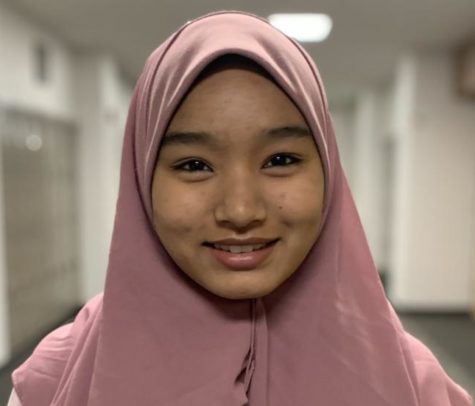
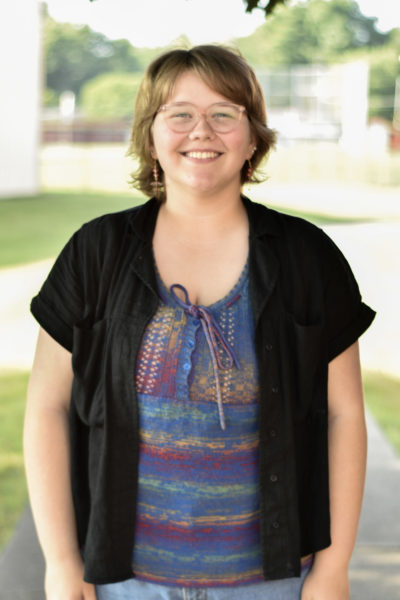
Nearly three years ago, on a fateful day in the spring of my freshman year I voted “Yes” on a Journal instagram poll about interest in making graphics....


